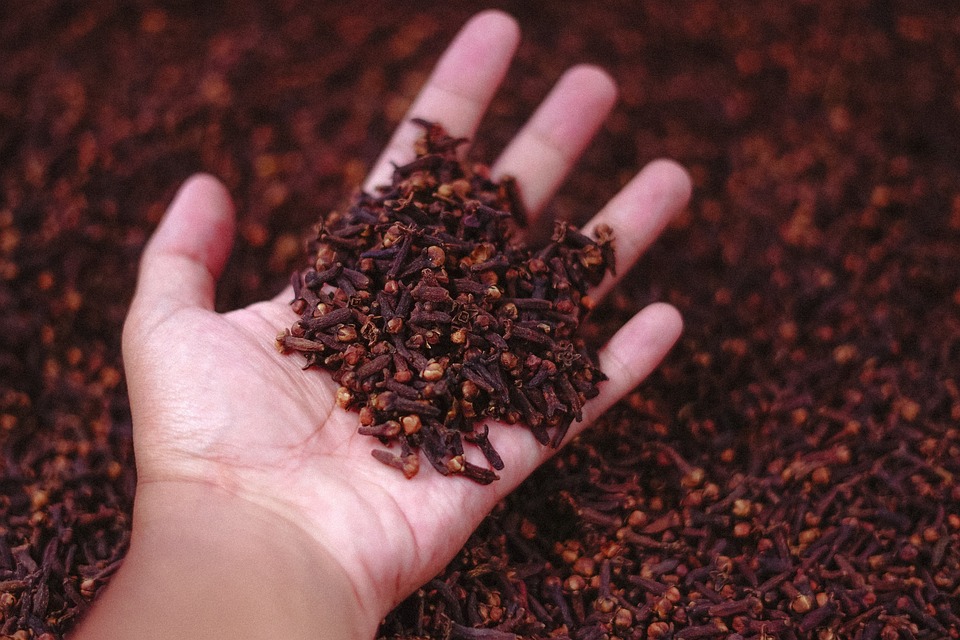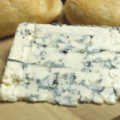
Cloves are a popular spice that have been used for centuries for their unique flavor and numerous health benefits. The spice comes from the dried flower buds of the clove tree, which is native to Indonesia and other parts of Southeast Asia.
Today, cloves are used in a wide range of culinary and medicinal applications around the world.
History of Cloves
Cloves have a long and fascinating history, dating back to ancient times. The spice was highly prized by the ancient Greeks and Romans, who used it in cooking and as a perfume. Cloves were also highly valued by Chinese traders, who brought them to the West along the Silk Road.
During the Middle Ages, cloves were one of the most sought-after spices in Europe, and they were used to flavor food and to mask the smell of spoiled meat. They were also used to treat a range of medical conditions, including toothache, nausea, and skin infections.
In the 16th and 17th centuries, cloves were one of the most valuable commodities in the world, and European powers fought for control of the spice trade in the East Indies. The Dutch eventually gained a monopoly on the clove trade, and they guarded their monopoly jealously, even going so far as to burn entire crops of clove trees in order to maintain their control.
Today, cloves are still widely used around the world, and they are an important ingredient in many cuisines and traditional medicines.
Nutritional Benefits of Cloves
Cloves are packed with a wide range of nutrients and bioactive compounds, including:
- Eugenol: This is the primary active compound in cloves, and it has powerful anti-inflammatory, antifungal, and analgesic properties.
- Manganese: This mineral is essential for healthy bone development and wound healing.
- Vitamin K: This vitamin is important for blood clotting and bone health.
- Vitamin C: This antioxidant vitamin is important for immune function and collagen production.
- Fiber: Cloves are a good source of dietary fiber, which is important for digestive health and can help reduce the risk of chronic diseases.
Health Benefits of Cloves
Relieve Pain and Inflammation
Cloves have powerful anti-inflammatory and analgesic properties, thanks to the presence of eugenol. Studies have shown that eugenol can help reduce inflammation and relieve pain in conditions such as arthritis, toothache, and headaches.
Boost Immune Function
Cloves are a good source of vitamin C, which is an important antioxidant that helps boost immune function and protect against oxidative stress. Studies have shown that vitamin C can help reduce the duration and severity of colds and other respiratory infections.
Improve Digestive Health
Cloves contain fiber, which is important for digestive health and can help prevent constipation and other digestive problems. Cloves also contain eugenol, which has been shown to help reduce inflammation in the gut and improve digestion.
Reduce Risk of Chronic Diseases
Cloves are rich in antioxidants, which can help protect against chronic diseases such as heart disease, cancer, and diabetes. Studies have shown that antioxidants can help reduce inflammation and oxidative stress, both of which are major contributors to chronic diseases.
Support Dental Health
Cloves have long been used in traditional medicine to treat toothache and other dental problems. The eugenol in cloves has powerful analgesic and antiseptic properties, which can help relieve pain and fight off infections in the mouth.
Improve Skin Health
Cloves are a good source of manganese, which is important for healthy skin development and wound healing. Cloves also contain eugenol, which has been shown to have antimicrobial properties and can help fight off skin infections.
Culinary Uses of Cloves
Cloves are a versatile spice that can be used in a wide range of culinary applications. Here are some popular uses of cloves in cooking:
Baking
Cloves are a common ingredient in many baked goods, including gingerbread, pumpkin pie, and fruitcake. They add a warm, spicy flavor and aroma to these desserts.
Beverages
Cloves are often used to flavor hot beverages such as tea, mulled wine, and cider. They can also be added to cocktails for a unique flavor twist.
Meat Dishes
Cloves can be used to flavor meat dishes such as ham, beef stew, and roast chicken. They add a deep, rich flavor and help tenderize the meat.
Pickling
Cloves can be used to flavor pickled vegetables such as cucumbers, beets, and carrots. They add a spicy, aromatic flavor to these preserves.
Indian Cuisine
Cloves are an essential ingredient in many Indian spice blends, including garam masala and biryani masala. They are used to flavor curries, rice dishes, and other traditional Indian foods.
How to Use Cloves
Cloves can be used in a variety of forms, including whole, ground, and oil. Here are some tips on how to use cloves in cooking and for medicinal purposes:
Whole Cloves
Whole cloves are often used to flavor soups, stews, and meat dishes. They can also be added to water or hot beverages for a spicy, aromatic flavor. To use whole cloves, simply add them to your dish and remove before serving.
Ground Cloves
Ground cloves are a popular ingredient in baked goods and spice blends. They can also be used to flavor meat dishes and sauces. To use ground cloves, simply add a pinch to your dish and adjust the amount to taste.
Clove Oil
Clove oil is a potent essential oil that is often used for medicinal purposes. It can be used to relieve toothache, sore throat, and other ailments. To use clove oil, dilute a few drops in a carrier oil such as coconut or olive oil and apply topically to the affected area.
Precautions When Using Cloves
While cloves are generally considered safe when used in moderation, there are some precautions to keep in mind:
Allergies
Some people may be allergic to cloves and should avoid them. Symptoms of an allergic reaction can include itching, swelling, and difficulty breathing.
Medication Interactions
Cloves can interact with certain medications, including blood thinners and diabetes medications. If you are taking any medications, be sure to consult with your healthcare provider before using cloves.
Overuse
Using too much clove oil or consuming large amounts of cloves can be toxic and can cause nausea, vomiting, and diarrhea. Always use cloves in moderation and follow recommended dosage guidelines.
Conclusion
Cloves are a versatile spice with numerous health benefits and culinary uses. Whether you’re using them to flavor your favorite baked goods or to treat a toothache, cloves are a valuable addition to any kitchen or medicine cabinet. As with any natural remedy, it’s important to use cloves in moderation and to consult with a healthcare provider before using them for medicinal purposes.




